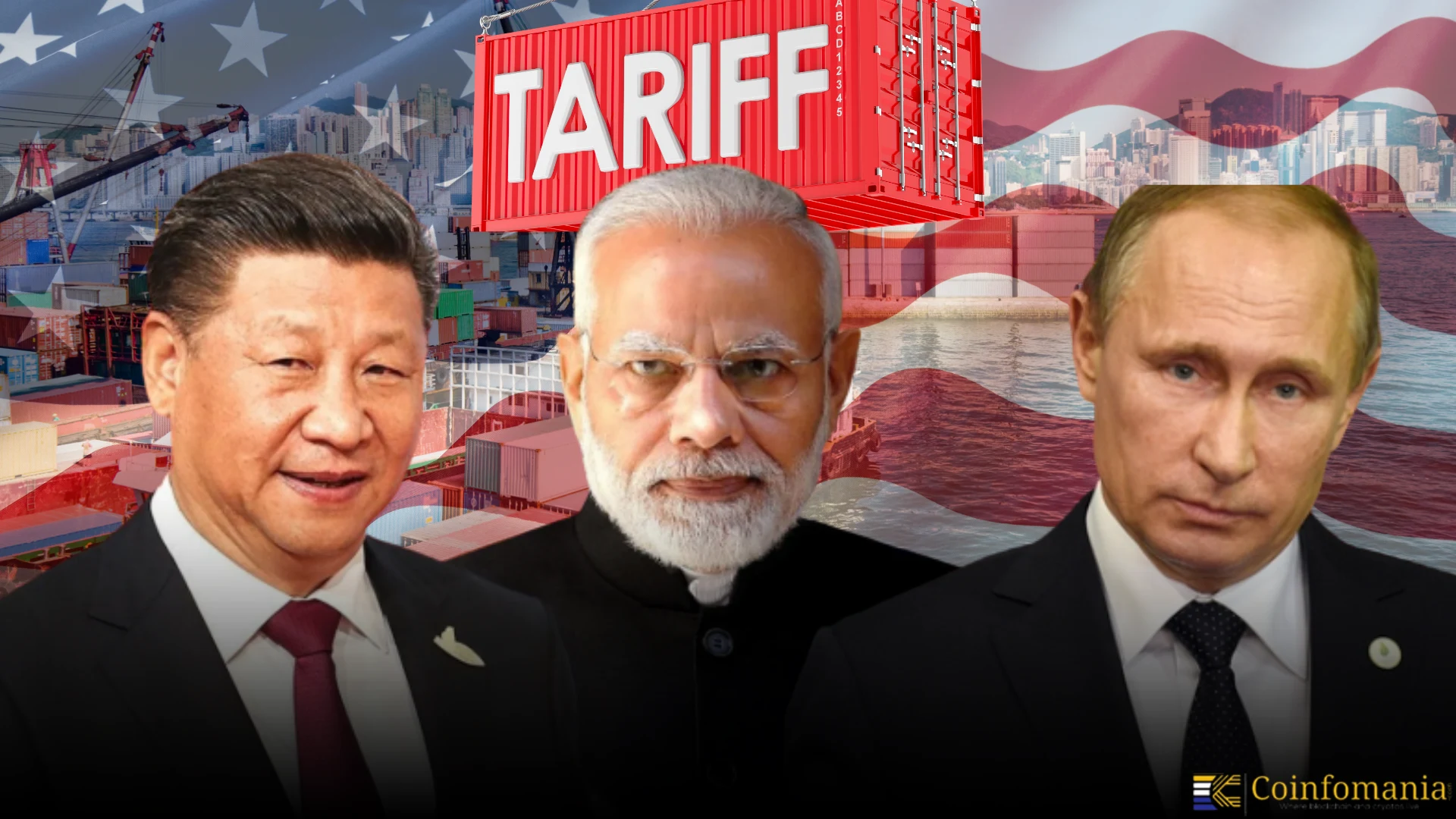US Tariffs Push Russia, India, and China Toward Strategic Alliance
Russia, India, and China explore revival of trilateral cooperation amid unprecedented US tariff pressures. Strategic realignment could reshape global economic order as nations seek alternatives to Western-led systems.

Leaders from Russia, India, and China discussing strategic cooperation amid rising global trade tensions
Rising US Trade Pressure Sparks RIC Revival Talks
In a significant shift in global economic dynamics, Russia, India, and China are exploring the revival of their trilateral cooperation mechanism (RIC) amid unprecedented US tariff pressures not seen since the 1930s. This development signals growing resistance to Western-led economic policies that have increasingly strained international trade relations.
Historical Context and Current Dynamics
The RIC formation, established in 2002, maintained active engagement through 20 formal meetings until 2019. The mechanism became dormant following the pandemic and India-China border tensions in 2020. However, recent developments, particularly aggressive US trade policies, have sparked renewed interest in reviving this strategic partnership.
Russia's bilateral trade with China has seen remarkable growth, demonstrating the potential for technological and resource cooperation between nations seeking alternatives to Western-dominated trade systems.
Strategic Implications and Economic Sovereignty
Each nation brings unique strengths to the potential alliance:
- Russia: Energy resources and raw materials
- China: Manufacturing capabilities and investment capital
- India: Services sector expertise and growing consumer market
The revival discussions reflect a broader trend of nations asserting their economic sovereignty in response to Western pressure. India's cautious approach, emphasizing strategic autonomy, demonstrates the complex balancing act required in modern international relations.
Impact of US Tariffs
The 25 percent US tariff on Indian goods has become a catalyst for these discussions, pushing affected nations to explore alternative trade arrangements. This includes significant defense procurement decisions, such as India's consideration of Russian Su-57s over American F-35s.
Future Prospects
While the RIC mechanism offers potential benefits, its success will depend on practical implementation and the ability to navigate existing geopolitical tensions. The platform's revival could provide a more focused alternative to the expanding BRICS framework, particularly for addressing specific regional concerns.
Letsile Tebogo
Lawyer and columnist, expert in traditional values and economic policy.
